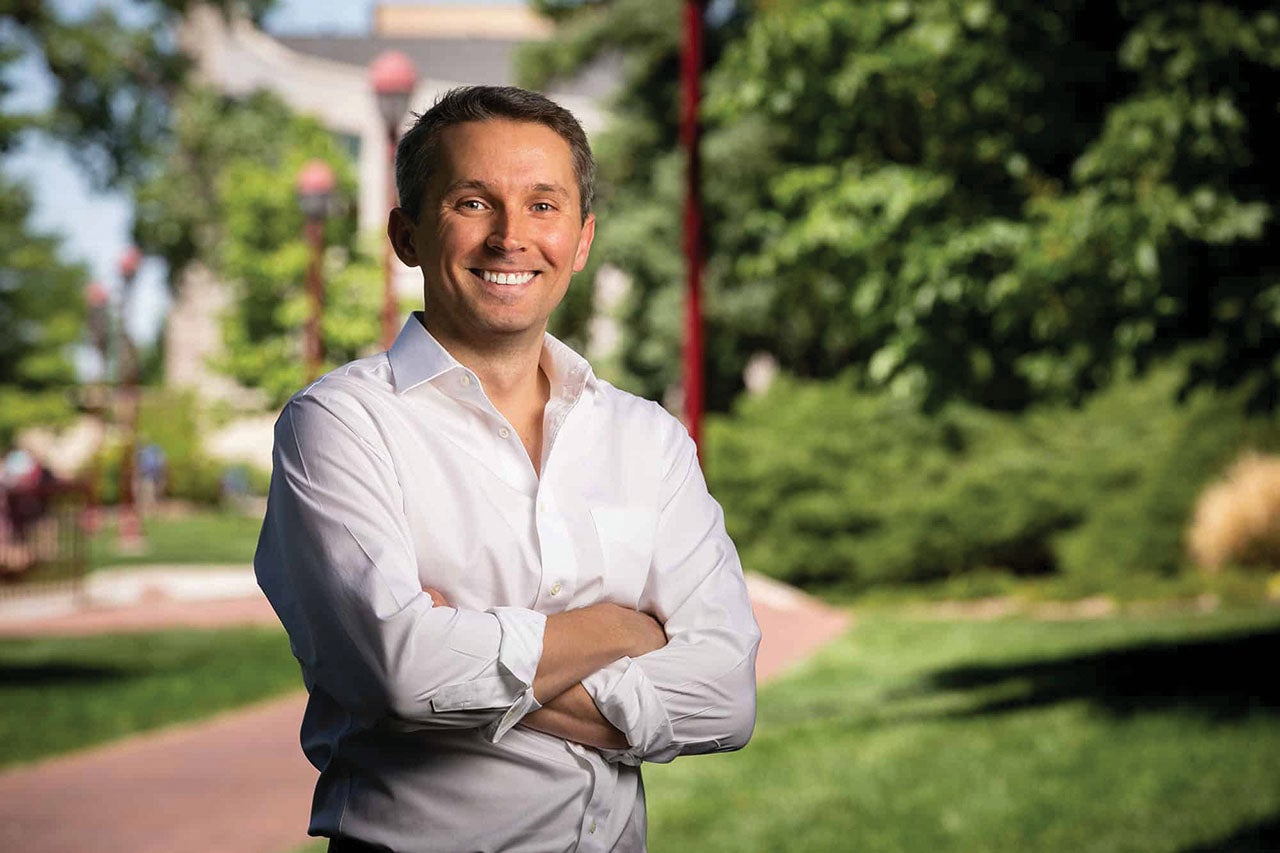By J. Casey Martin ’07
What do you do when your dream job is no longer your dream? At 31, I found myself asking this very question. Despite the common uncertainty of most 18–22-year-olds having no idea of what they want to be when they grow up, even before I started the College of Charleston, I knew my end goal. I wanted to study to become a mental health therapist, and little else academically interested me. Now, here I was, sitting in the private practice I spent the previous three years building from scratch, wondering if I was too old to start over.
As a small business owner, I had grown comfortable and confident in my ability to make decisions. I had successfully started a therapy practice in New Orleans, a city that doesn’t scream, “Mecca of mental health,” all the while specializing in the treatment of eating disorders (hopefully you are picking up on the irony here). But as I dreamed of what else I could do to keep myself professionally stimulated, I was filled with doubt. Would I be good at anything else? What if I try and fail? How well does an undergrad degree in sociology and a master’s in mental health counseling prepare me for the global business world?
However, like every other time I sat on the precipice of a major change (e.g., moving to Charleston my freshman year), the uncertainty transitioned to hope. What else had I learned during four years of a liberal arts education but how to adapt to new challenges? Instead of being crippled by the “what ifs,” I found myself optimistic about all the possibilities in front of me.
Fast forward two-and-a-half years, and I now find myself in a new city with a new career. To accelerate the transition, I attended the University of Denver’s Professional MBA program while I worked in sales for a marketing automation software company called Marketo, which was acquired by Adobe in November 2018. I essentially transitioned from a company of one to a global corporation of 20,000-plus employees, and, surprisingly, the transition couldn’t have gone more smoothly. Despite my unconventional job history, the diversity in the skillset I developed has acted as a massive accelerator and differentiator in my success. I’m not only confident in my own ability to figure things out in the face of uncertainty, but also the breadth of my experiences allows me to approach and solve problems in ways that not many of my peers share. And I strongly believe that is a direct result of my development at the College.
As I sit here, I’m wondering what I’d like you to take away from this short narrative: If you want to make a career change like I did, I hope that you can think back to who you were before you started your freshman year and tap into that optimism for the future you still have in front of you. I also wish that you’ll have the trust in yourself to be bold in your actions and the courage to believe that it’s never too late to decide who you want to be.
And don’t forget to leverage your CofC connections for help!




